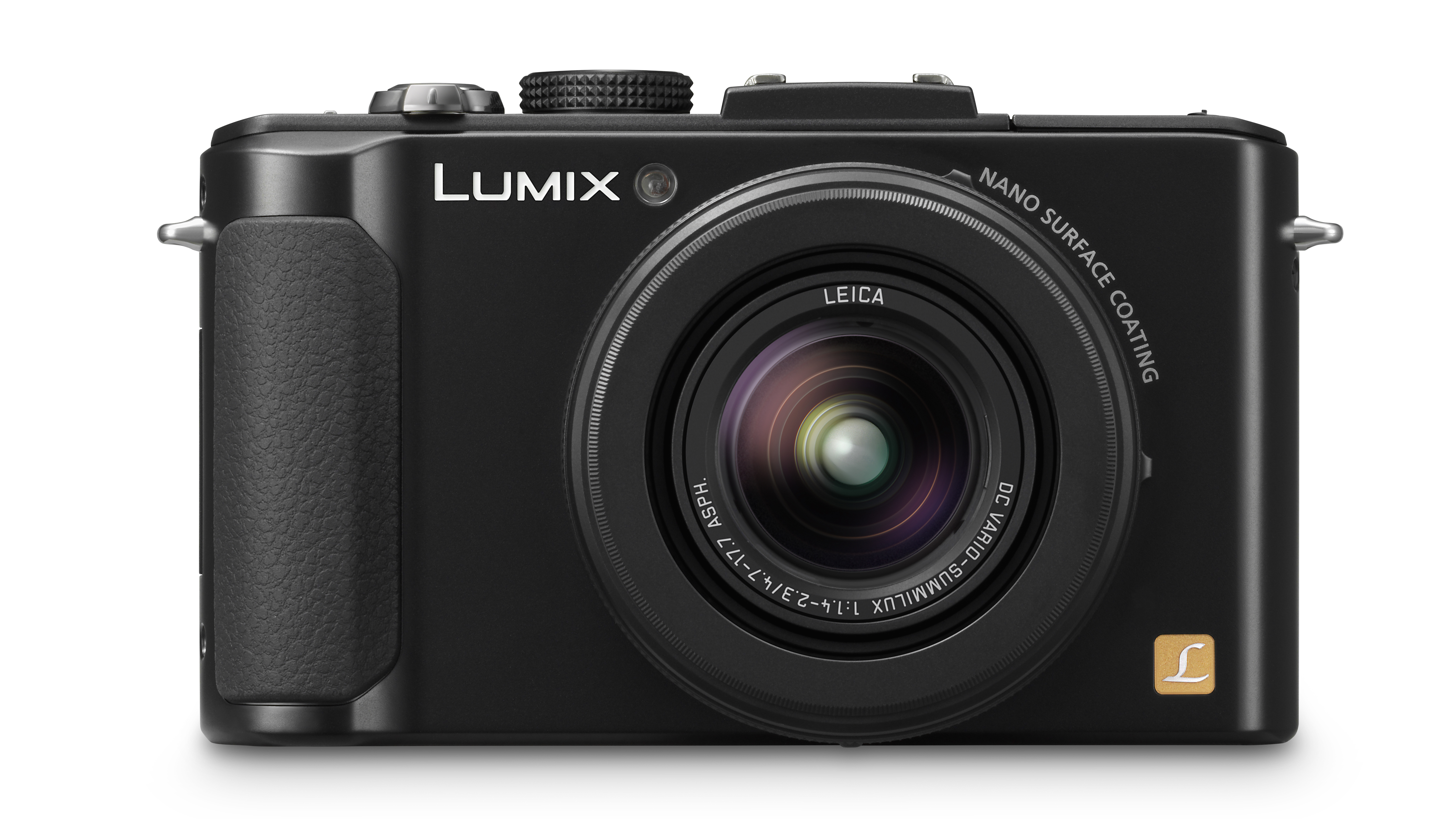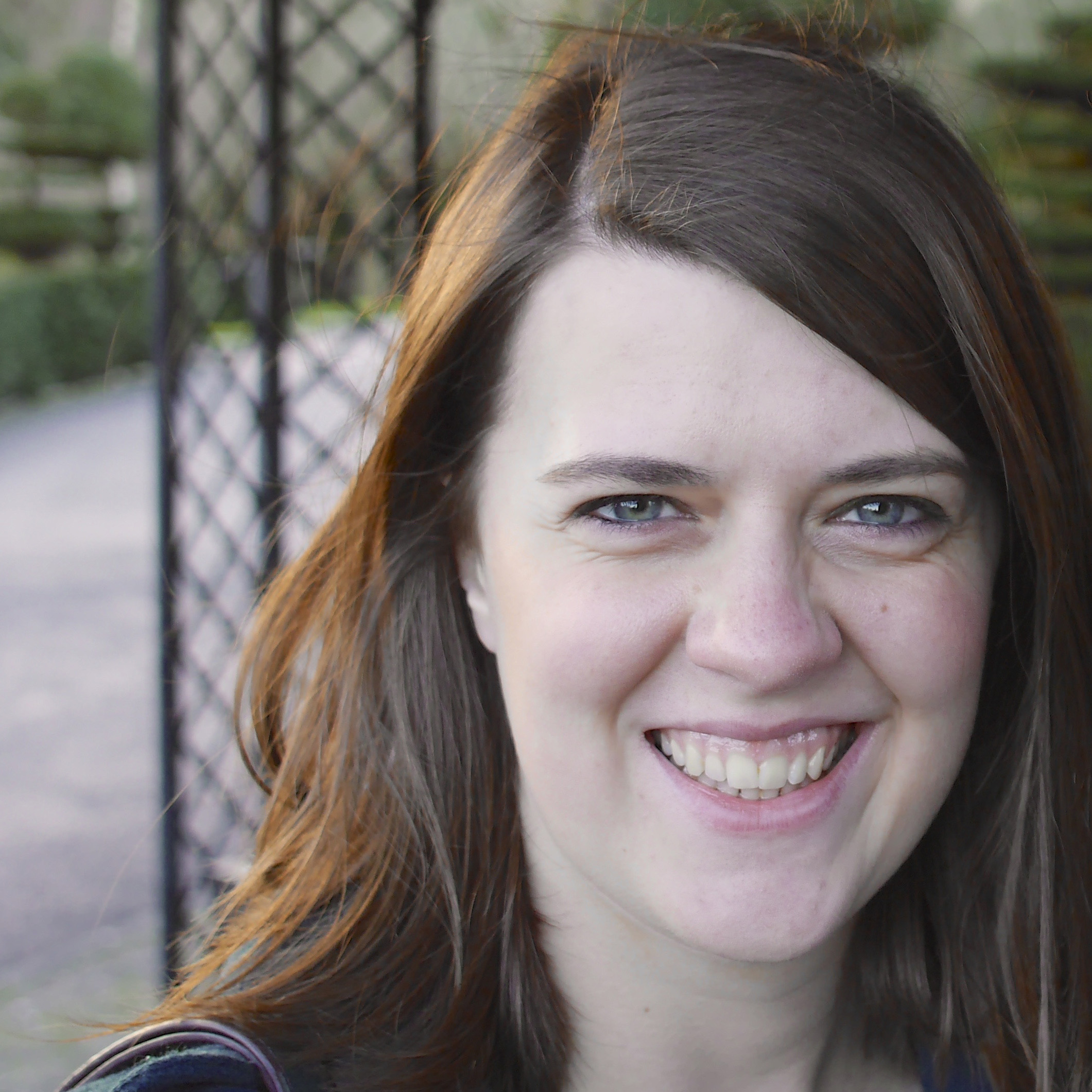Why the Panasonic LX7 has a small sensor
It's all about compromise, apparently.

Sign up for breaking news, reviews, opinion, top tech deals, and more.
You are now subscribed
Your newsletter sign-up was successful
Many were shocked by the decision to keep the sensor size in the Panasonic LX7 small, but senior figures at the company have explained that customers should expect compromise.
Speaking to TechRadar, Ichiro Kitao, director of the Panasonic Imaging Network, said, "We have to think about the combination of cost, size and performance, and what is the best solution for the consumer.
"The tech is there, so we could make it if the customer accepts sky high prices and bulky sizes," he continued.
The Sony RX100, which features a one inch sensor, the same size as that found in the Nikon V1/J1 compact system camera, costs around £100 (around $150) more than the LX7, although it's roughly the same size.
"The sensor is newly developed, high sensitivity is improved, so you can get very good photos even from the smaller sensor. The balance is very important, that's what we considered when making this camera," Kitao continued.
More LX cameras?
"Maybe in the future we can study a bigger sensor compact camera," Panasonic's Mr Uematsu also added.
Last year, Panasonic said it was studying the idea of a larger sensor compact camera, but, for now at least, it seems to have put those plans on hold.
Sign up for breaking news, reviews, opinion, top tech deals, and more.
Mr Uematsu was also keen to point out that the smaller sensor means that a wider aperture can be used at the telephoto end of the zoom lens. On the LX7, f/2.3 can still be maintained, compared with the f/5.9 of the Sony RX100.
He believes that there are three solutions for compact cameras; a large sensor with a fixed length lens (such as the Fuji X100), a large sensor with a slow (small aperture) zoom (such as the Sony RX100) or a smaller sensor with a fast (wide aperture) zoom.
For the moment, Panasonic believes that the last solution offers the best compromise of image quality and price.
We spent some time with a pre-production model of the LX7 and were impressed by the quality of images outputted, we'll be looking forward to putting it further through its paces when a full sample comes in for testing.

Amy has been writing about cameras, photography and associated tech since 2009. Amy was once part of the photography testing team for Future Publishing working across TechRadar, Digital Camera, PhotoPlus, N Photo and Photography Week. For her photography, she has won awards and has been exhibited. She often partakes in unusual projects - including one intense year where she used a different camera every single day. Amy is currently the Features Editor at Amateur Photographer magazine, and in her increasingly little spare time works across a number of high-profile publications including Wired, Stuff, Digital Camera World, Expert Reviews, and just a little off-tangent, PetsRadar.